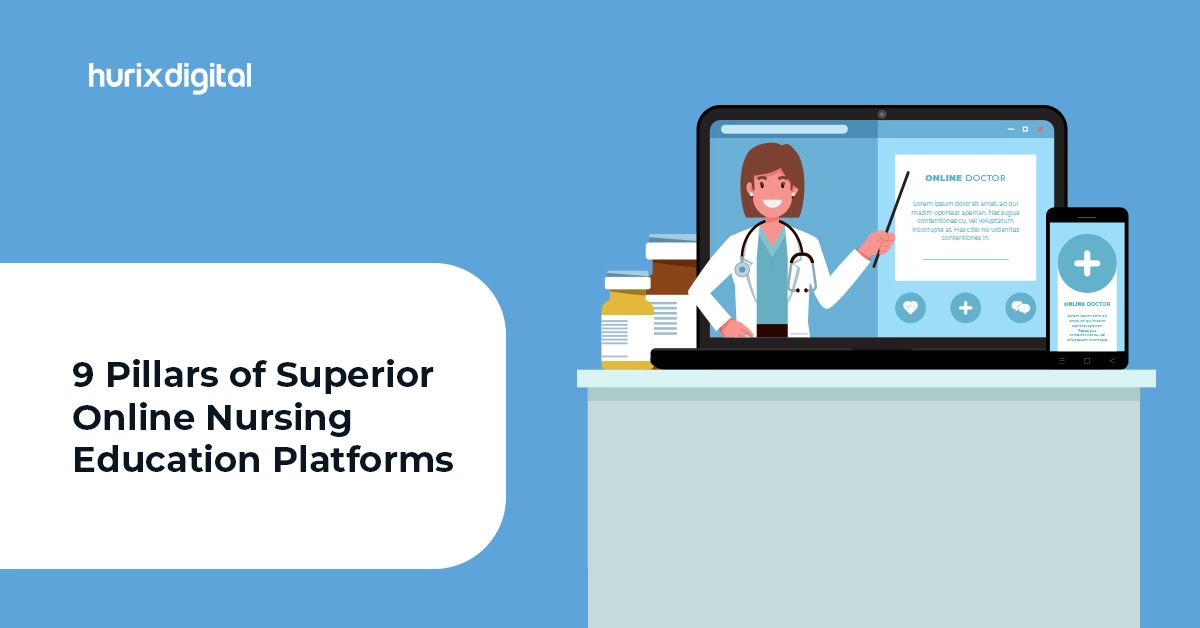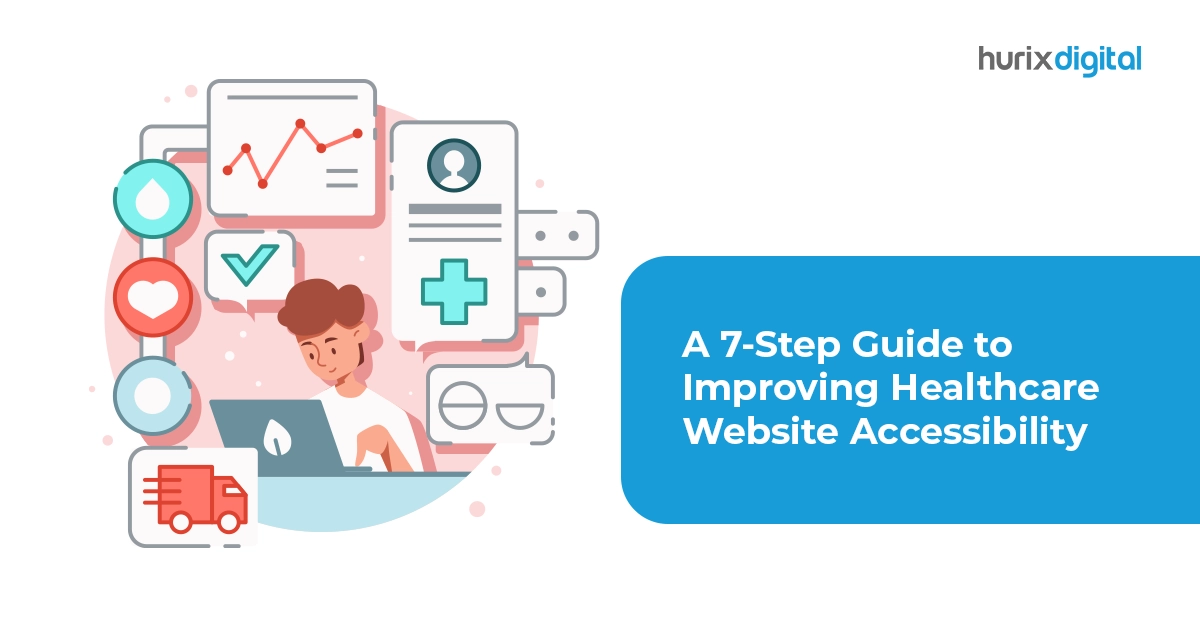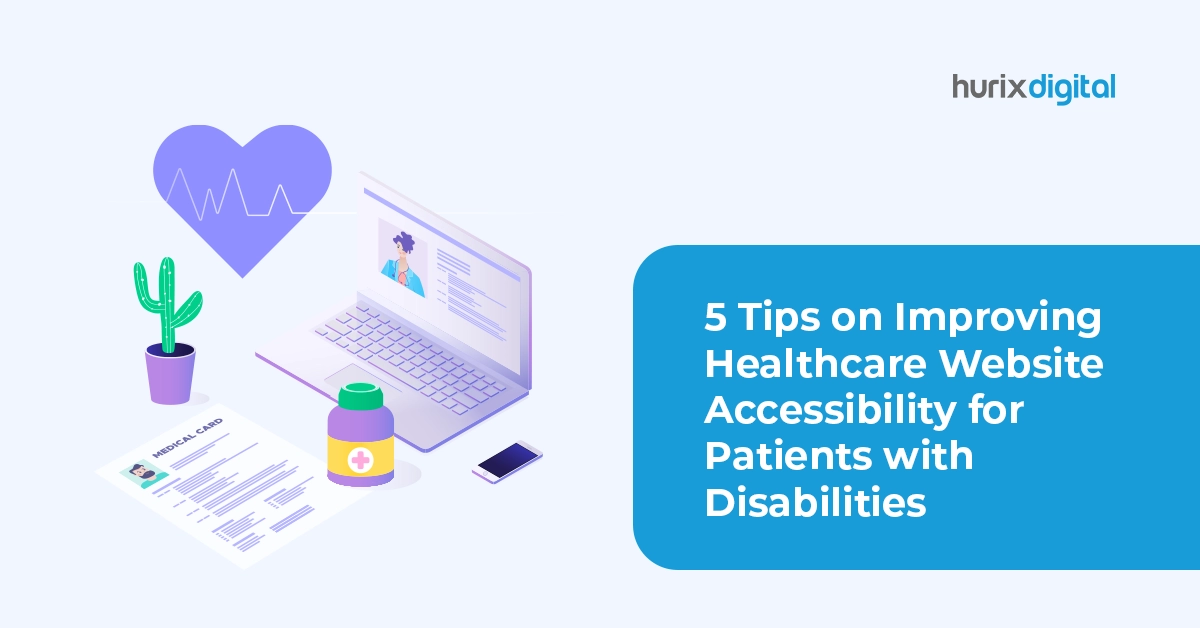
9 Pillars of Superior Online Nursing Education Platforms
Summary
This article outlines the key advantages of online nursing education. It discusses how online education can help scale nurse training to meet global deficits through superior engagement and accessibility.
Today, nurses continue to play an important part in the health ecosystem across the world. As of May 2024, the world is estimated to have 29 million nurses and 2.2 million midwives. Yet, over 80% of them work in countries that hold just half of the world’s population. By 2023, the World Health Organization (WHO) estimates a deficit of 4.5 million nurses and 0.31 million midwives.
Therefore, nurse educators need to extensively scale their training efforts to help meet these deficits especially as the demand for competent nurses grows. Traditional, lecture-style, offline methods have considerable limitations. However, innovation in online nursing education is a game-changer for this field. It enables educators to boost scalability and engagement while keeping courses cost-effective.
In this blog, we outline the key advantages of the shift to online education in the nursing field and its potential impact.
Table of Contents:
- What is an Online Nursing Education?
- The Key Advantages of Online Nursing Education
- Impact of Online Nursing Education
- The Takeaway
What is an Online Nursing Education?
Online nursing education is an online model of education that offers learners a flexible, cost-effective, and superior learning experience. The curriculum is typically a hybrid one, which combines traditional offline methods with tech-enabled online learning.
Nursing educators can leverage a superior Artificial Intelligence (AI) powered Learning Management System (LMS) to deliver high-quality eLearning in nursing.
In turn, learners can log in to a single, unified learning platform to attend online classes, access on-demand learning resources, and take assessments.
Also Read: How to Hire the Best Healthcare Instructional Designer for Your Training Needs?
Key Advantages of Online Nursing Education
Today, technology in nursing education is playing an innovative role in plugging gaps that exist in traditional nursing classrooms. Here’s a snapshot of how educators can craft a superior program for nursing students:
1. Learning on Demand
One of the top advantages of online nursing education is the opportunity for students to learn as per their schedules. Online programs give students access to a well-equipped library of digital resources that are accessible on demand. These resources can be accessed anytime, anywhere.
2. Multimedia Learning Experience
Learners can enjoy an engaging learning experience through the introduction of multimedia learning resources. Rather than merely referring to physical textbooks, learners can watch videos, listen to audio representations, learn from interactive eBooks, watch slides, and engage with 3D models. The use of multimedia enables higher perception and retention of newer concepts.
3. Personalized Learning
Educators can automate the creation of personalized learning pathways for nursing students. A personalized pathway is a curated learning process that is based on the progress of individual students, as opposed to catering to a collective standard.
This approach helps learners with learning material recommendations that are more relevant to their progress. They can have access to practice modules that help them master concepts throughout their learning journey.
4. Gamified Experiences
The introduction of gamification helps students develop a competitive edge through healthy competition with peer learners. Game elements such as challenges, rewards, and leaderboards add an engaging dimension to the learning process. Thus, they can learn more faster and stay motivated during challenging phases. By the end of 2026, the global game-based learning market is estimated to be worth $29.7 billion.
5. Live Simulations
A profession such as nursing requires extensive practical training and experience. A key challenge is that there isn’t enough scope to practice in practical environments such as hospitals.
However, technology is a game-changer. For instance, the use of Augmented Reality and Virtual Reality in nursing education enables learners to build skills during live simulations of operating theatres, Intensive Care Units (ICUs), and other environments. This approach streamlines costs while making the training more interactive.
6. Mobile-First Learning Experience
Today, learners aspire to access courses from the comfort of one’s smartphones. A research study indicated that 91.35% of learners pursuing online nursing used their smartphones for online learning, and only 8.70% used laptops.
Online nursing programs are embracing this trend by offering a mobile-first learning experience. The content is designed to be compatible with a range of smart devices.
This trend has further given rise to microlearning, which enables learners to access byte-sized content, which can be viewed within seconds. Thus, learners spend a significant amount of time conveniently learning every day.
7. Data-Driven Curriculum Development
Superior nursing education tools come with a superior AI-based predictive analytics engine. Educators can track the engagement of learners, which resources have higher and lower engagement, what time the learners log in, and learner progress.
Educators can customize dashboards and derive detailed reports. Predictive analytics also enables educators to predict future learner behavior and revise learning resources and the curriculum accordingly.
8. Seamless Updation of Curriculum
Updating physical textbooks is next to impossible and a long-winded process. On the other hand, nursing education software enables educators to update the curriculum swiftly and effectively. They can update existing learning resources, add new content, and delete outdated content seamlessly and cost-effectively. This is an important pillar in ensuring that nursing content is relevant and that it captures innovations and discoveries in the field.
9. Learn Collaboratively
In the world of work, nurses work in teams alongside doctors and other healthcare professionals. Online learning enables nurses to build team skills through collaborative projects.
The use of a superior LMS enables nursing students to collaborate seamlessly online. These opportunities equip them to be more accountable, transparent, and collaborative in their work ethic.
Impact of Online Nursing Education
Online nursing education is a gamechanger for the nursing field in multiple ways:
- The program is cost-effective as it is delivered online. The duration of programs may also be reduced.
- Educators can reach nurse aspirants and practitioners across geographies through online education.
- The use of a superior LMS enables educators to offer programs that are engaging and continually updated with the latest innovations in the field.
- Learners have flexibility in their schedules. Hence, they can learn and study simultaneously at various educational levels. This opportunity is especially useful to nurses looking to further specialize and those from less privileged backgrounds.
Also Read: eLearning’s Impact on Healthcare Education: A Game Changer
In Conclusion
The introduction of online nursing education is the key to scaling up improvements, enhancement, and expansion of training efforts in this field. The adoption of cutting-edge AI-based LMS can help nursing educators offer high-quality, engaging, and cost-effective education to aspiring nurses and nurse practitioners.
For nursing colleges, healthcare institutions, and platforms looking to make early investments in transforming online nursing education, Hurix Digital is geared to support you in meeting all your company’s learning needs.
Get in touch with us to start a conversation.

Senior Vice President – Business Development
Over 25 years of experience in the edtech and workforce learning industry with strong skills in Business Development, Customer Relationship Management (CRM) and Strategy.








